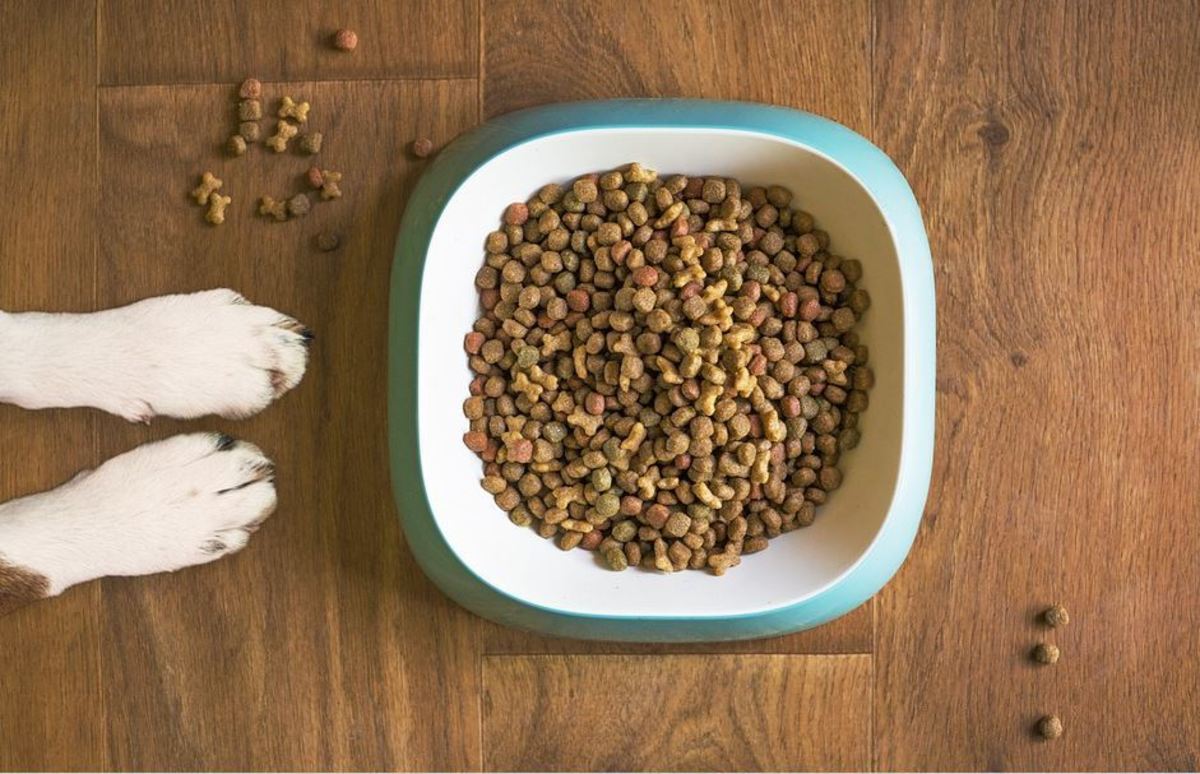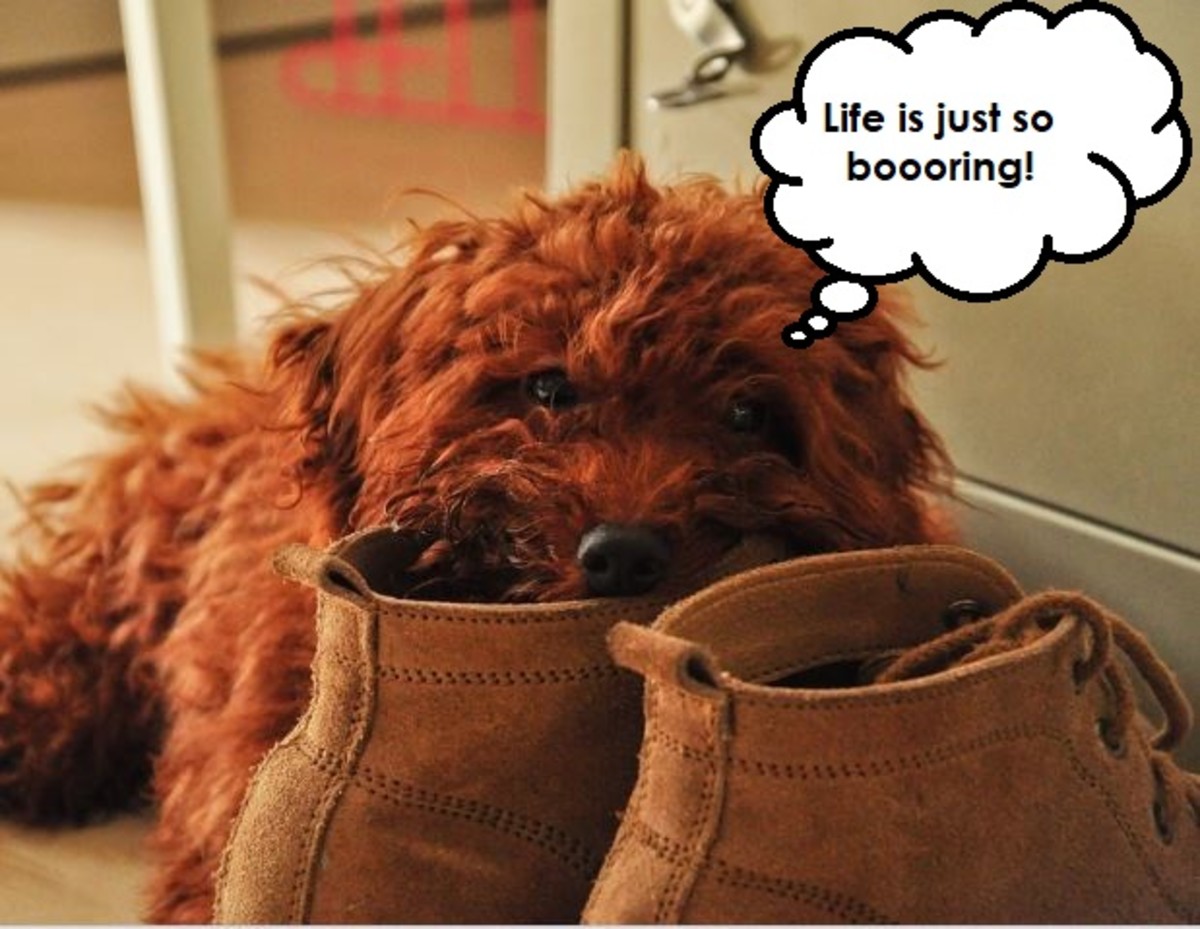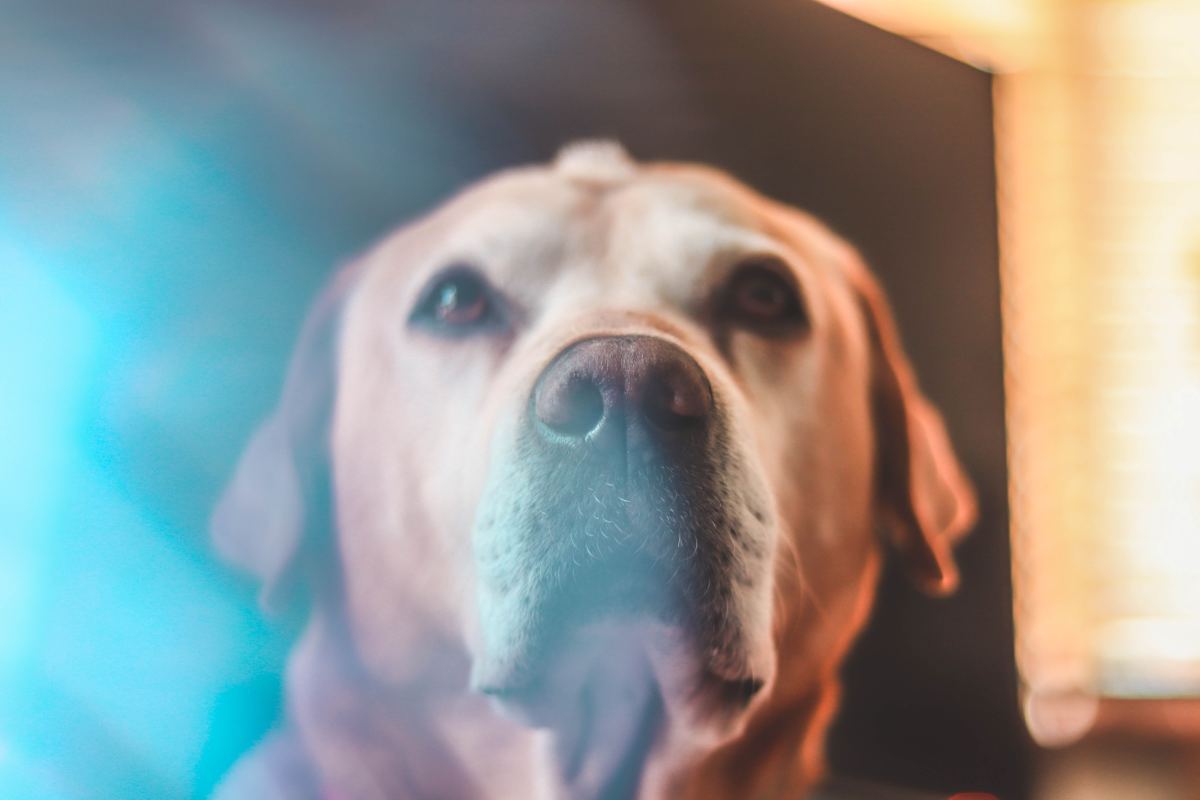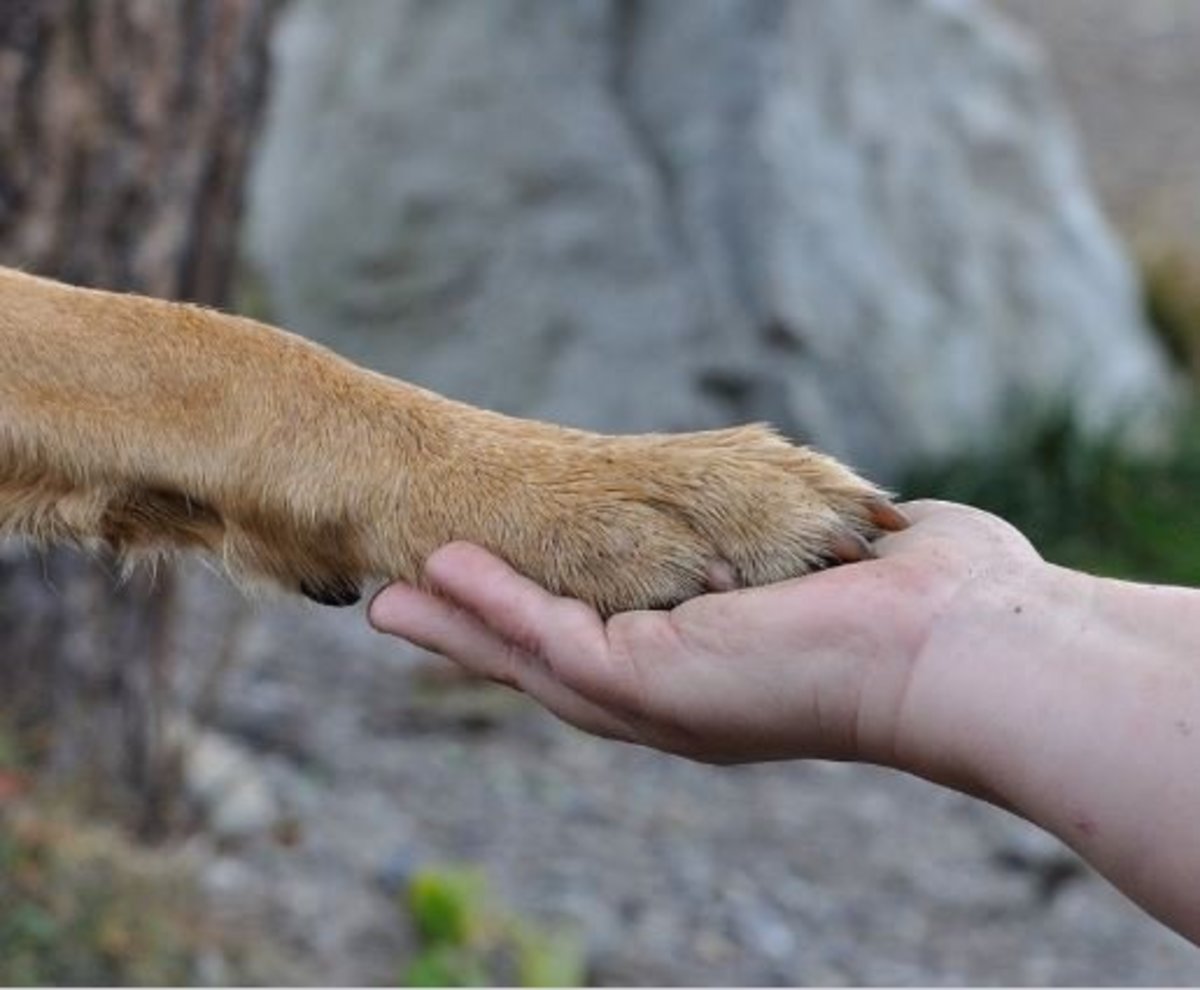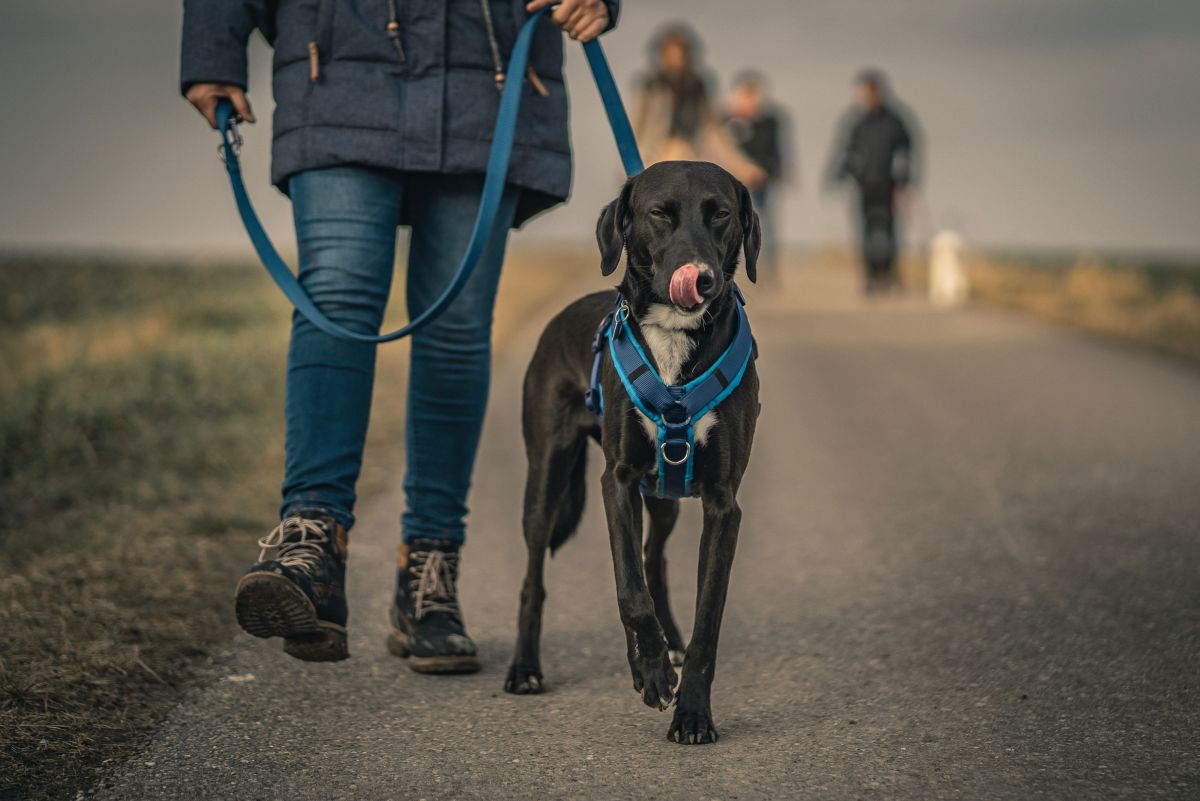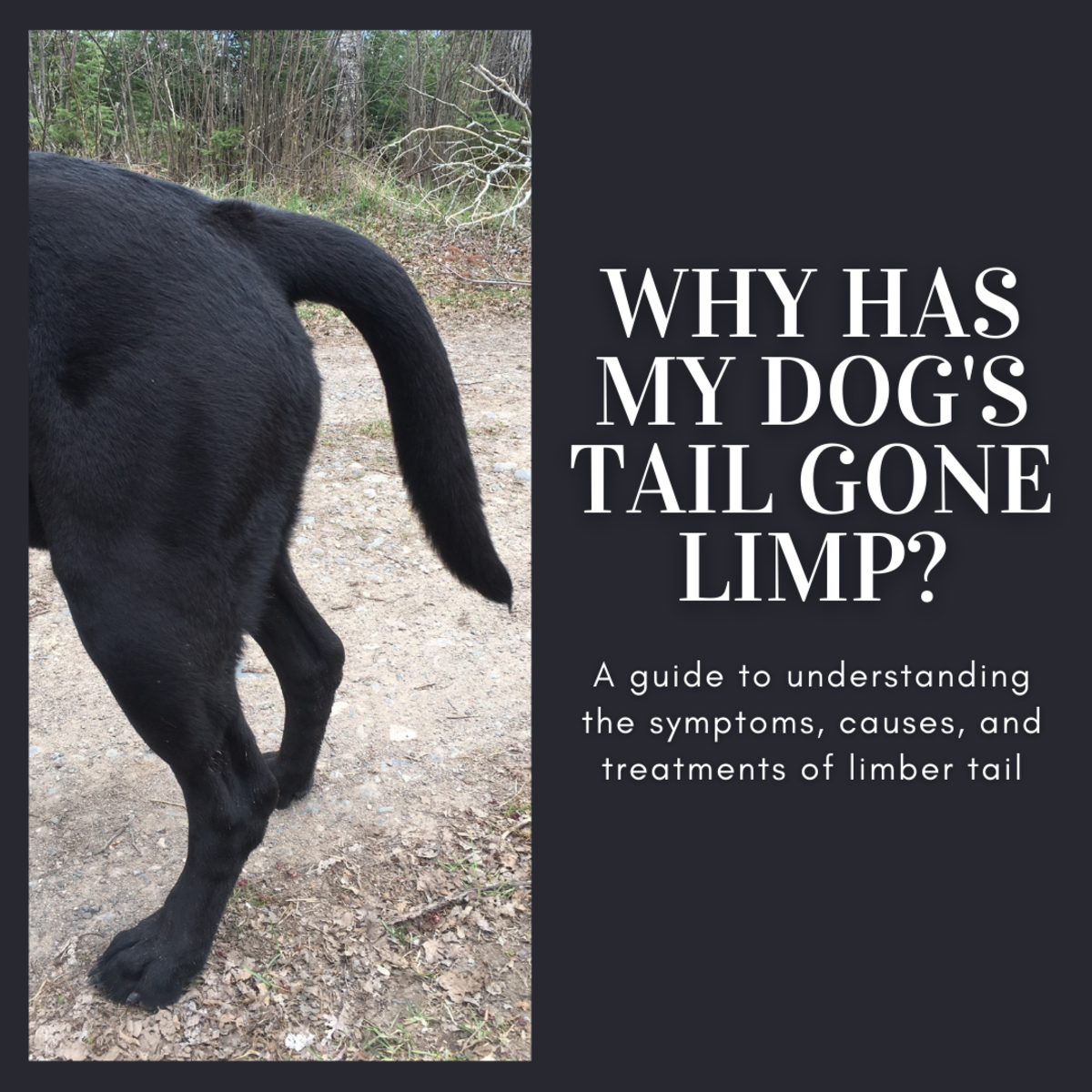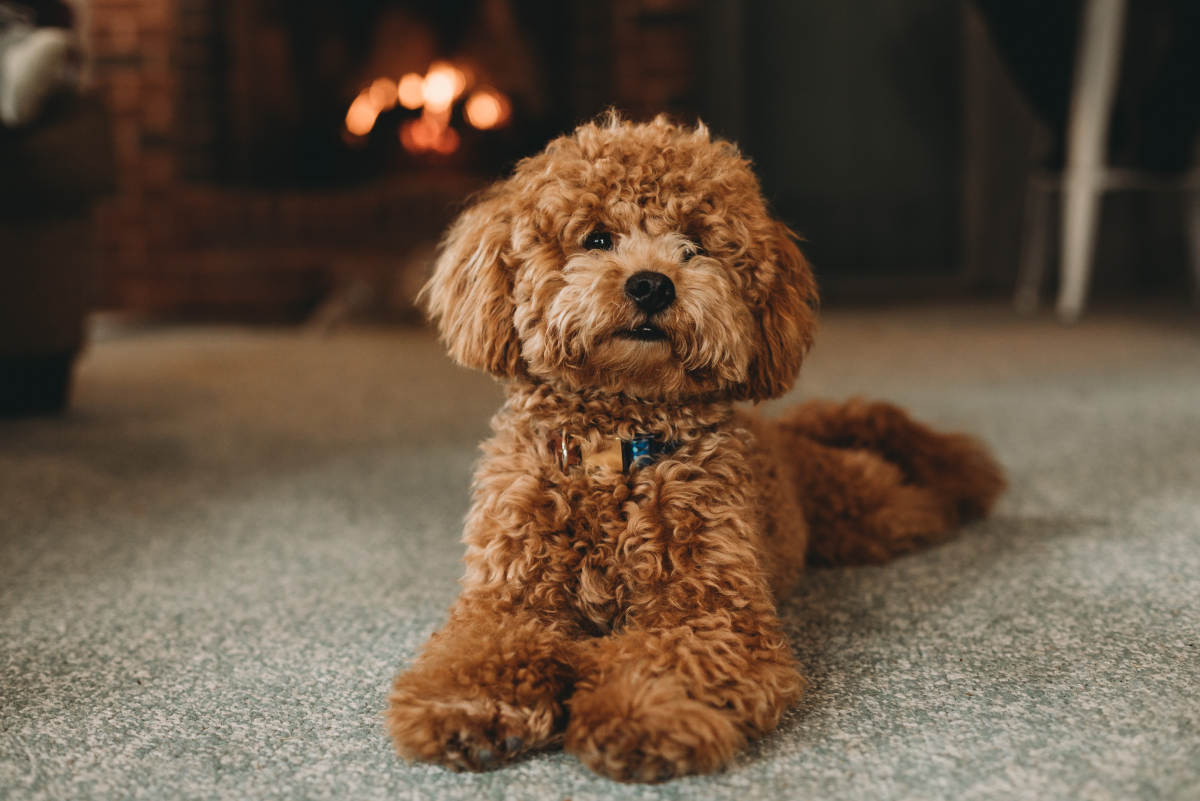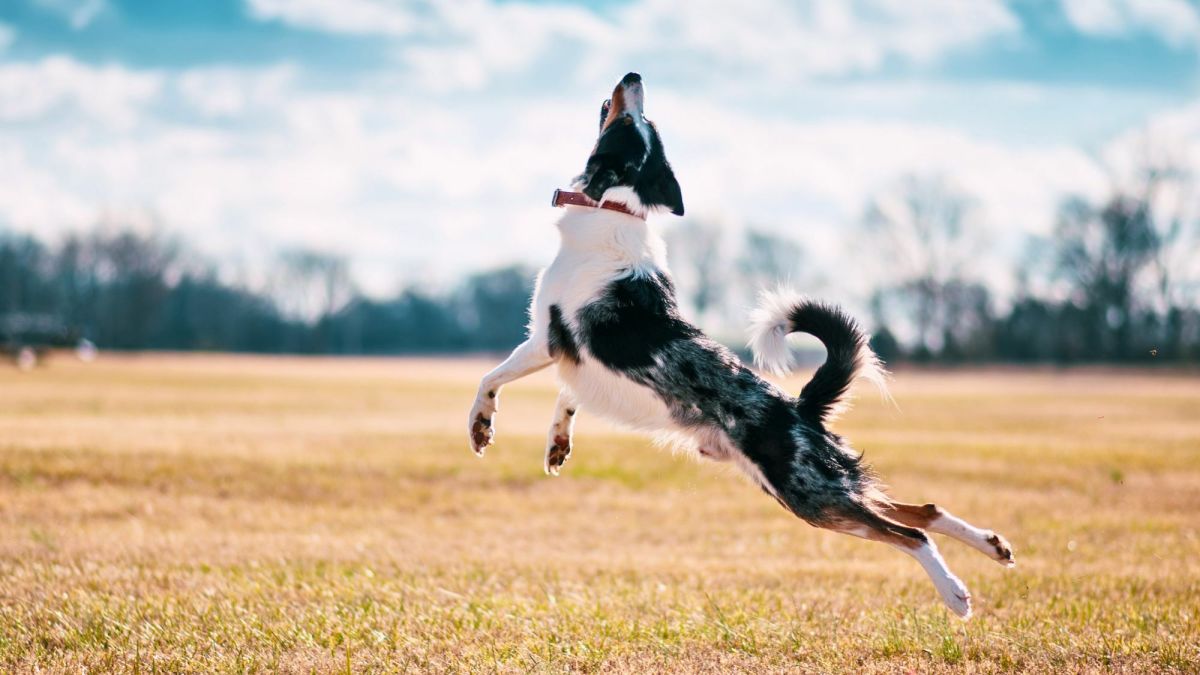Common mistakes first time dog owners make.
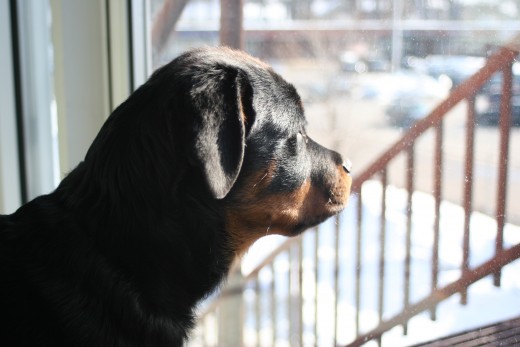
#1. Using household cleaners to clean up potty accidents.
As wonderful as Pinesole smells, it does not get rid of the urine smell for the advanced nose of a dog. This makes housetraining a little bit more difficult, as puppies can detect the smell in the room, and will keep going back to the same spot "to do their business".
Consider instead using Enzymes type of cleaner (example: Nature's Miracle). It won't mask the stink with a fresh orange scent, instead, it will rid the smell of the accident for your pup's nose.
#2. Purchasing well-advertised dog food, without doing any research before choosing the brand.
Dogs are carnivores, which means their diet must be based on meat. If you take the time to read the packaging information on most commonly advertised dog foods, you will be informed that many of the brands will have grains as a #1 component. Does that sound right to you? Didn't think so.
Consider one of the less advertised brands, that have meat as their main ingredient: Canidae or Blue Buffalo are the two examples of much better choices for your dog.
#3. Using retractable leash. One thing you don't want your dog to learn is pulling on the leash. The thing is, retractable leashes only work if the dog pulls! So, one could assume, that this leash was invented to train the dog that in order to walk where they want - they must pull on the leash, and drag their owner along.
Consider getting a 6 ft leather leash for your daily walks. If you need something longer to practice recall, or stays, you should purchase a 30 ft leash.
#4. Purchasing a pup from a pet store or a back-yard-breeder. There is more written on this topic than I can add. Do your research before choosing a reputable breeder - go to shows, ask questions, and only purchase pups from breeders who are asking YOU questions about your own ability to provide a high quality of life for one of their puppies. Always consider adopting.
#5. Not signing up for training classes. Just because you can teach your dog to sit, does not mean that you don't need to take classes with your pup. This is especially important for large, working breeds. In classes you learn how to connect with your dog in stressful environment, it allows your dog to work through specific issues under a helpful supervision of an instructor.
Consider taking more than one class, set a goal - do you want to train your dog to be a therapy pooch, that visits local nursing homes and hospitals? Do you want your dog to be trained in one of the fun sports, like agility?
#6. Overusing the crate. Crate is just a training tool, it should not be the answer to all of your problems. Raising a puppy is hard work, as is keeping them safe, trained, and well-exercised. If you are planning to use a crate as a babysitter 16 hours a day (8 hours at night + 8 hours during the day), you are not ready for having a dog.
Consider signing up your pup for a doggy daycare. Yes, it is costly, and it is a bill that can be as high as $300 a month. At the same time, it will provide your pup with socializing opportunities, and will allow them to interact wi
#7. Worrying about the pup loving only you, and wanting the pup listening just to one person. This results in keeping the dog away from affection shown by others members of the family and guests. Which in turn brings about poorly socialized adult dog that is either fearful or aggressive towards strangers. If you give your dog your time and affection, they will not question where loyalty should lie.
Consider taking up a dog sport available in your area and go on daily walks with your pup, in order to strengthen and develop a bond between you and your dog. Never underestimate the importance of socializing your puppy properly.
#8. Purchasing raw-hide treats. These are simply not worth the risk. Raw hide is known to cause painful and costly internal damage to dogs.
Consider buying bully sticks or raw marrow bones to keep your puppy busy and happy (just don't overdo it with marrow bones, the fat can cause upset stomach in some dogs).


